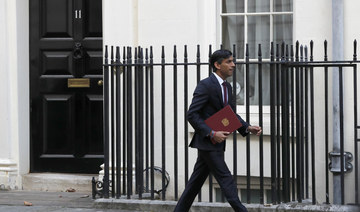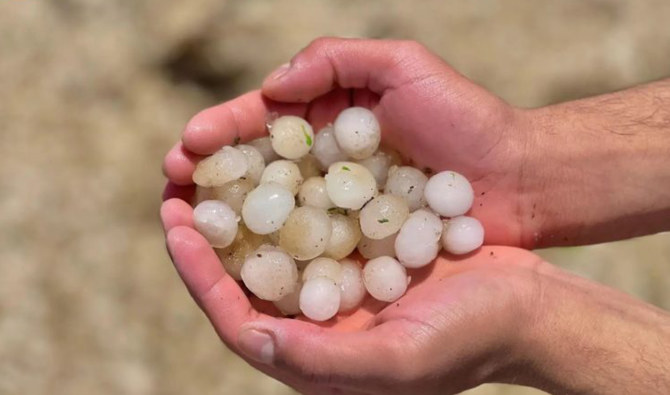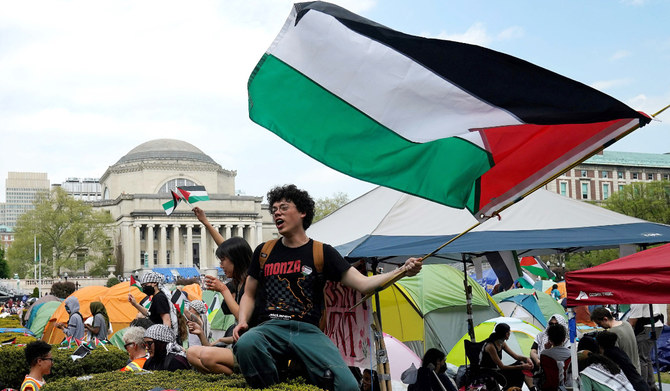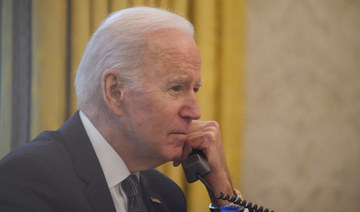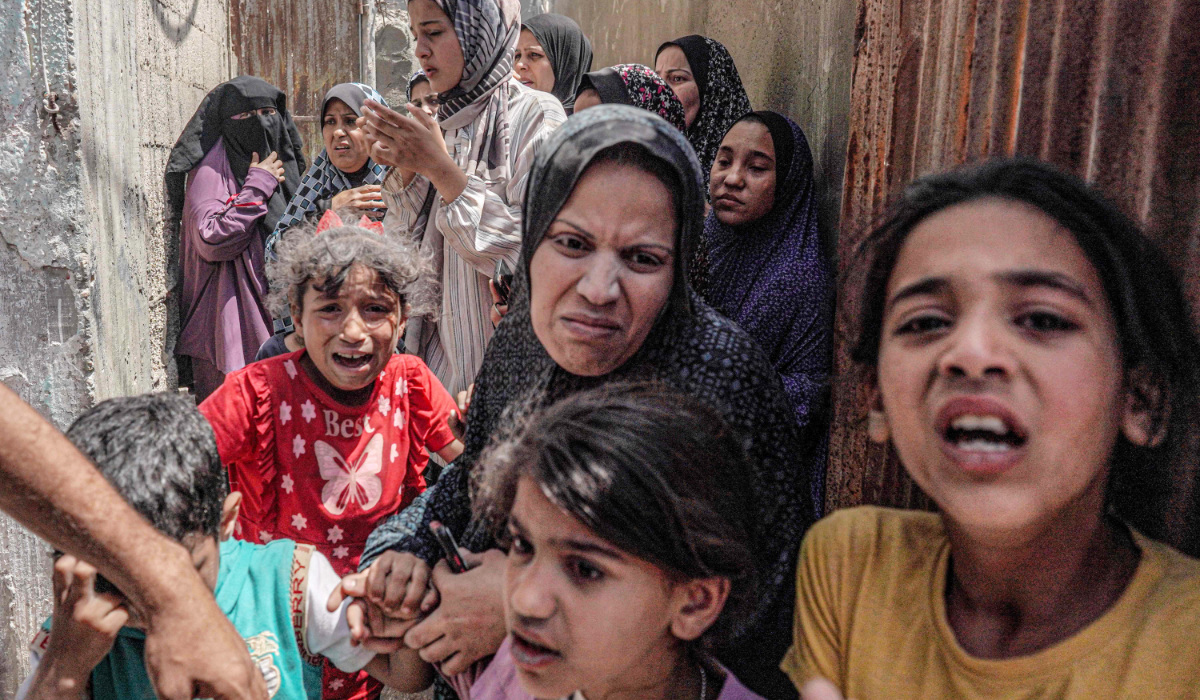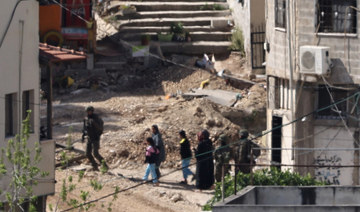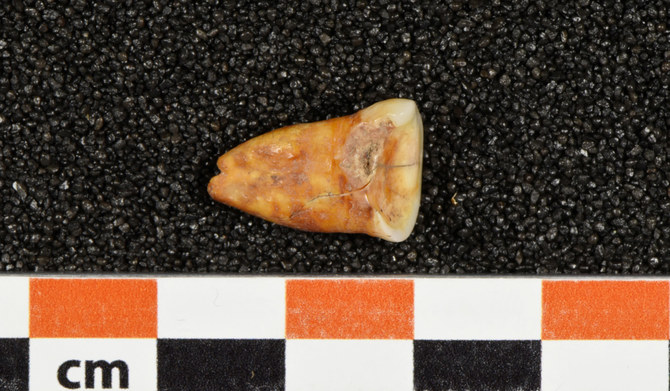The week that was:
Global cases of coronavirus disease (COVID-19) infections rose above 35 million, with the Northern Hemisphere particularly affected. Europe has a patchwork of restrictions in place to curb the spread of the disease, which particularly affects cross-border (air)travel. The Spanish government is discussing putting Madrid under lockdown and cordoning it off.
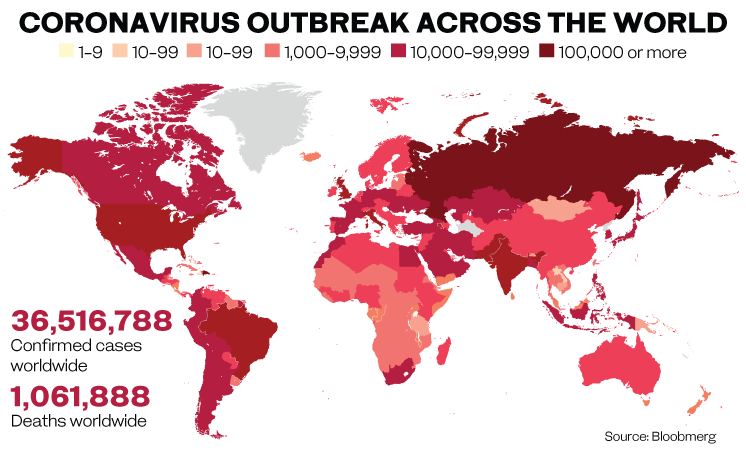
Amid volatility, stock markets traded more or less flat on the week with a slight uptick. By Friday morning EST, the Dow had made up for its September losses.
China was the exception as the country came roaring back from the weeklong Golden Week vacation, when more than 63o million traveled across the country. The Shanghai composite was up 1.68 percent on Friday, and the Renminbi up the most in 4.5 years on hopes of Joe Biden winning the presidential race. The offshore Renminbi climbed 0.6 percent to Rmb6.6997 against the dollar, which was in line with a weakening dollar.
The US Federal Reserve’s Federal Open Market Committee Meeting Minutes reiterated that the guidance of interest rates remaining low, near zero, would hold through 2022 or 2023. There is broad agreement that the Federal Reserve could increase its bond purchases, if necessary, but that quantitative easing could not substitute fiscal stimulus, which upped the pressure on the Trump administration and Congress to find a compromise on a stimulus package.
US first time jobless claims stubbornly remain above 800,000 coming in at 840,000 for the week ending October 2

Morgan Stanley agreed to acquire Eaton Vance Corp. for $7 billion. The company’s Chairman and CEO James Gorman told Bloomberg that this was part of an integral strategy to originate, manage and distribute capital for its individual and institutional clients. He admitted to having paid top dollar but argued that the quality of the underlying assets and know-how in Eaton Vance was worth it.
The transaction has to be seen in the context of heightened deal activity in the asset- and wealth-management sector. The total value of transactions in the space reached $19.7 billion during 1H of 2020, which is up by 47 percent compared to the previous year according to Bloomberg.
The London Stock Exchange agreed to sell Borsa Italia to Euronext for $5 billion.
Focus:
West Texas Intermediate had its best week on Hurricane Delta approaching the Gulf of Mexico, shutting in around 92 percent of oil facilities in the region. Brent’s three-months’ time spread narrowed to a contango of $1.04 from $1.41 within one week, which indicates an easing of the oversupply.
Meanwhile S&P Global Platts puts the compliance of OPEC+ (an alliance of OPEC and its 10 allies led by Russia) at 99 percent for the month of September.
Earlier this week, OPEC published its World Oil Outlook. The organization forecasts oil demand to decrease by 9 percent in 2020 and not to return to 2019 levels before 2022, by which time the call on OPEC crude will have increased to 34.3 percent, or 1.4 million barrels per day (bpd) above last year’s forecast. OPEC production currently stands at 24.4 million bpd.
OPEC also expects North American tight oil to the tune of 14.5 million bpd to return to the markets by 2024. While this is significant, it is still below the 17 million bpd predicted in 2019.
OPEC sees demand growth to resume, induced by emerging markets led by India. Peak oil demand at 109.3 million bpd is predicted in 2040, which is later than several other oil analysts assume, their predictions of the effects of energy transition being more aggressive than OPEC’s.
OPEC also believes that demand growth will halve after 2025.
As some production from non-OPEC sources will fall away due to underinvestment, OPEC expects its production to increase to 43.9 million bpd by 2045.

These figures have big ramifications for Gulf Cooperation Council economies and their budgets over the next two decades. Looking at the natural resources space, it is generally the low-cost producers who have the wherewithal amid falling demand, which is what the OPEC numbers seem to confirm.
The pandemic has taken its toll on equality both in the US and internationally. We should not underestimate the importance of waning equality on social stability, which in turn will have ramifications on post-pandemic economic recovery.
Latest Fed data showed that the wealthiest gained most from the pandemic, in a further sign of a K-shaped recovery, where the wealth profile of the affluent increases while the poor were not able to benefit from the rally in stock markets since the second quarter, leading to rising inequality. The 50 richest Americans now own more than half of the county’s wealth. The top 1 percent of Americans by wealth own 52 percent of shares.
World Bank President David Malpass warned that extreme poverty is slated to increase globally for the first time since the Asian financial crisis in the mid-1990s. The pandemic is pushing an additional 88-115 million people into extreme poverty globally in 2020, potentially rising to 150 million within 2021.
Malpass stressed that countries needed to prepare for a different, post-pandemic economy by allowing capital, labor, skills, and innovation to move into new businesses and sectors as well as reskilling and upskilling their people. That is easier said than done for the world’s poorest countries, which lack the institutional capability and funding to do so.
Where we go from here:
Next week the International Monetary Fund and World Bank will hold their autumn meetings, which will be important for triangulating the state of the global economy and the prospects for economic growth.
The Trump administration is exploring restrictions for Ant Group and Tencent on grounds that their access to banking and personal data in the US might constitute a national security risk.
US President Donald Trump is said to now favor a comprehensive stimulus bill and has instructed Secretary of the Treasury Steven Mnuchin to resume negotiations with Speaker of the House of Representatives Nancy Pelosi, who favors a comprehensive deal rather than a partial arrangement on airlines. She has so far not budged from her $2.2 trillion headline number.
— Cornelia Meyer is a Ph.D.-level economist with 30 years of experience in investment banking and industry. She is chairperson and CEO of business consultancy Meyer Resources. Twitter: @MeyerResources




